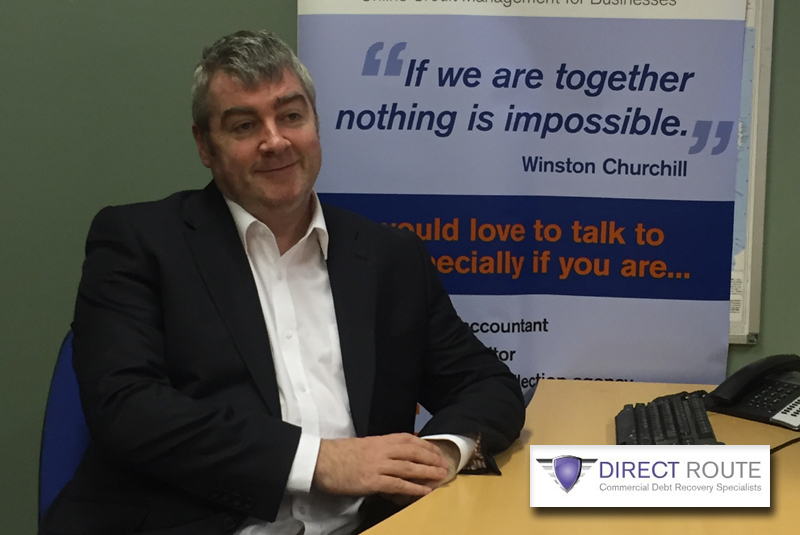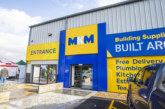
Mike Collins, Managing Director of Direct Route business-to-business debt recovery specialists, explains how merchants can collect cash and keep their customers.
As most businesses begin trading out of lockdown, a major dilemma is being faced by builders’ merchants offering goods on credit… how can customers be retained without exposing already strained company finances to unnecessary credit risk?
Feedback from the builders’ merchants we support has indicated that some have reacted by withdrawing credit accounts altogether, irrespective of historic trading relationships and payment records of a customer. This will have a short-term benefit, but the longer-term consequences are that any customer with available credit lines will eventually migrate to merchants that do not have these restrictions.
And with competitors keen to bring on board new customers, this is a realistic scenario. There is a significant danger therefore that pro-forma policies will quickly restrict and lead to the loss of important profitable turnover from hitherto good customers.
It’s a fine line between success and risk. The trick is to stay balanced and not overreact.
In my last article, I shared that credit reports cannot always accurately provide the true financial state of any business. This is because the data used to produce credit reports is predominantly based on the last (and therefore out of date) accounts filed at Companies House. So, Covid-19 impact and consequential trading damage has not been legislated for in such calculations.
The coming months are set to be a cash flow roller-coaster with some customers using the ‘pandemic card’ to add heft to their excuses for late payment. Understandably you want to keep your customers but how can you chase overdue invoices effectively?
1: Remember that credit granted by your office is not a customer’s right. It is a privilege afforded by you to them, so don’t be afraid to diplomatically say so. You are asking for OVERDUE monies in chasing payment.
2: When a customer’s account falls due, begin chasing immediately. The sooner you start the sooner you are likely to be paid.
3: We are in a world where a culture has inexplicably evolved whereby invoice due date is often a deadline that is not taken seriously. Suppliers and customers alike are largely relaxed with payments made outside agreed terms, between 30 and 60 days. Many merchants operate monthly credit control cycles of seven days apart after invoice due date, often three reminders interspersed with phone calls. Consider how it may positively impact business cashflow by simply shortening the chasing cycle to three- or five-day intervals between reminders.
4: If you are tightening up timescales, then how about also introducing your chosen third-party collections specialist a little earlier into your chasing cycle. This will be especially beneficial if your third party provides an effective zero cost solution that costs neither you or your customer anything to utilise, e.g. the proven and free to use Direct Route Covid-19 Support email reminder service has been designed to help you chase overdue invoices whilst providing every opportunity to keep your customer.
5: Avoid issuing court proceedings if possible. There are now major court backlogs and enforcement officers are restricted in how they can operate given social distancing rules. Good collection third parties will generate cash flow by contacting customers by letter, email, and phone calls – providing every opportunity for these debtor customers to prioritise prompt payment.
6: Don’t procrastinate when chasing overdue customers or when escalating non-paying or uncommunicative customers to suitable third-party solutions. Customers that were cash strapped pre Covid-19 are likely to be struggling even more now. Acting swiftly is key and it could place you at the top of the queue because your debtor customer is likely to owe other suppliers too.
Please do not hesitate to contact us for advice by calling 01274 223190, emailing smellor@directroute.co.uk or visiting www.directroute.co.uk
In the second article in this series, Mike explains what companies should look for when choosing a debt recovery specialist towork with. Click here to take a look.









